Elections
Politics
ABDALLAH SAMBI, AFRICA, AUSTRALIAN ASSOCIATED PRESS, AZALI ASSOUMANI, COMOROS, ELECTION FRAUD, GOVERNANCE, GOVERNMENT, HAMIDOU KARIHILA, HOPE OF THE COMOROS, INDIAN OCEAN, INDIAN OCEAN ARCHIPELAGO, JUWA, NO, NOUR EL - FATH, OPPOSITION, POLITICS, PRESIDENTIAL ELECTION, REUTERS, SUPREME COURT
Clara Montgomery
Comoros Votes in Parliamentary Elections Amid Allegations of Misconduct
Voters in Comoros have cast ballots for a new 33-seat parliament amidst allegations of electoral irregularities in the wake of President Azali Assoumani’s contested re-election last year. Approximately 338,000 individuals registered to vote, and while some opposition parties campaign against the ruling regime, calls for a boycott have divided responses. Election results are expected by Friday.
On Sunday, voters in the Comoros archipelago participated in elections for the 33-seat parliament, following the contentious re-election of President Azali Assoumani last year. That election was marred by allegations of significant irregularities, which officials from the ruling party vehemently deny. Approximately 338,000 registered voters attended the polling stations, with parliamentary elections last held in January 2020 and nearly 100 candidates selected by the Supreme Court to contest this round. Critics of Assoumani accuse him of authoritarianism and express concerns regarding his intentions to groom his eldest son, Nour El-Fath, as a successor. Having been in power since 1999, Assoumani has faced opposition calls for electoral boycotts, though some parties chose to participate. Hamidou Karihila of the opposition Hope of the Comoros party stated that participation would expose the regime’s weaknesses. Election results are anticipated by Friday.
The Comoros, located in the Indian Ocean, has a history of political instability and leadership changes, with President Azali Assoumani first seizing power in a coup in 1999. Since then, Assoumani has been re-elected multiple times amid accusations of electoral misconduct and authoritarian governance. The country last held parliamentary elections in January 2020, marking a significant event as they head to the polls now in a time marked by dissent against the ruling party and its perceived efforts to consolidate power.
The parliamentary elections in Comoros signify a critical moment for its political landscape, bringing to the forefront allegations of electoral manipulation and authoritarianism. While the ruling party faces accusations, opposition parties remain divided on engaging in the electoral process, reflecting a broader struggle for democratic practices within the archipelago. The ramifications of this election could greatly affect the nation’s future governance and political stability.
Original Source: www.stawelltimes.com.au
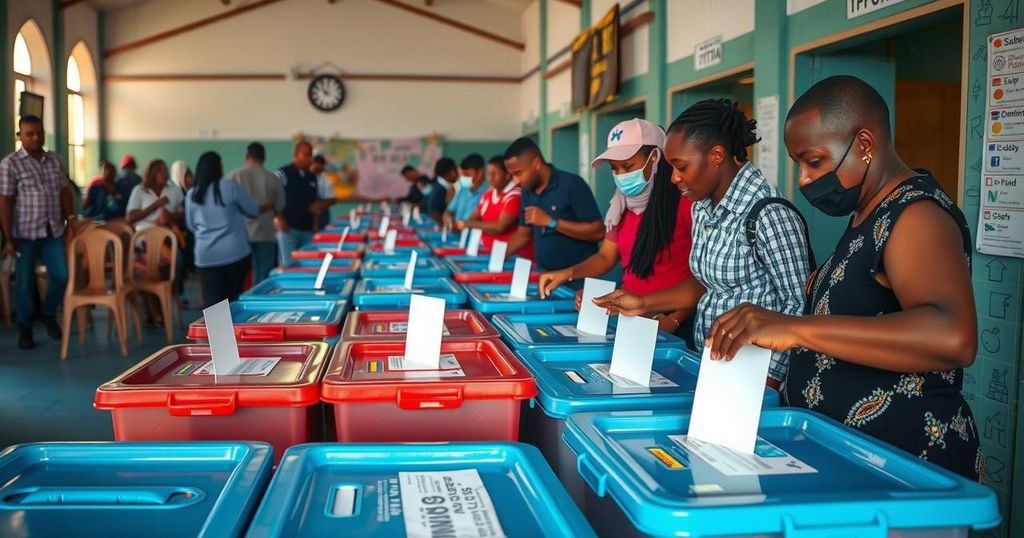
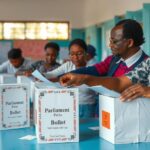
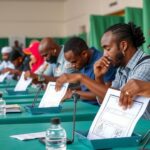
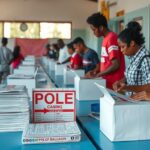

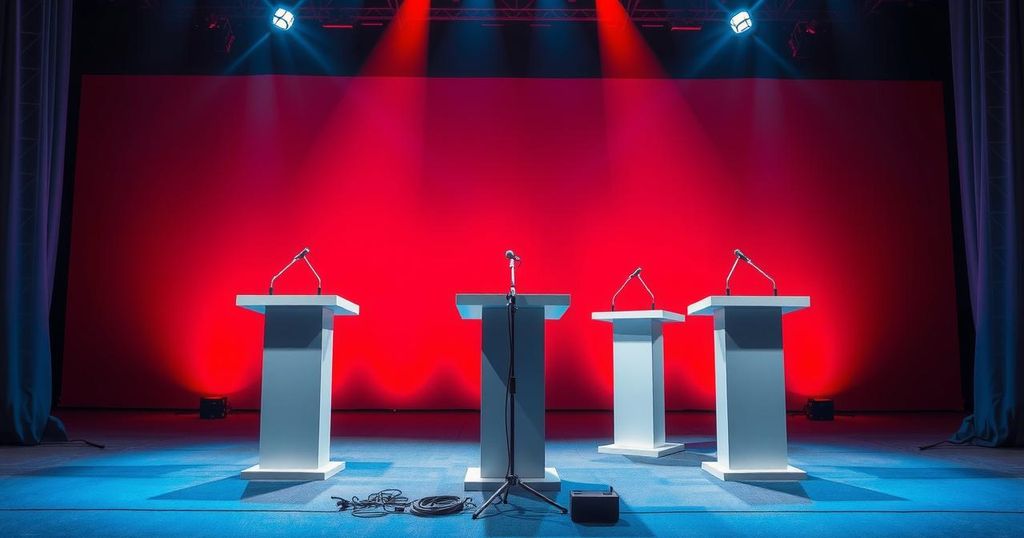


Post Comment